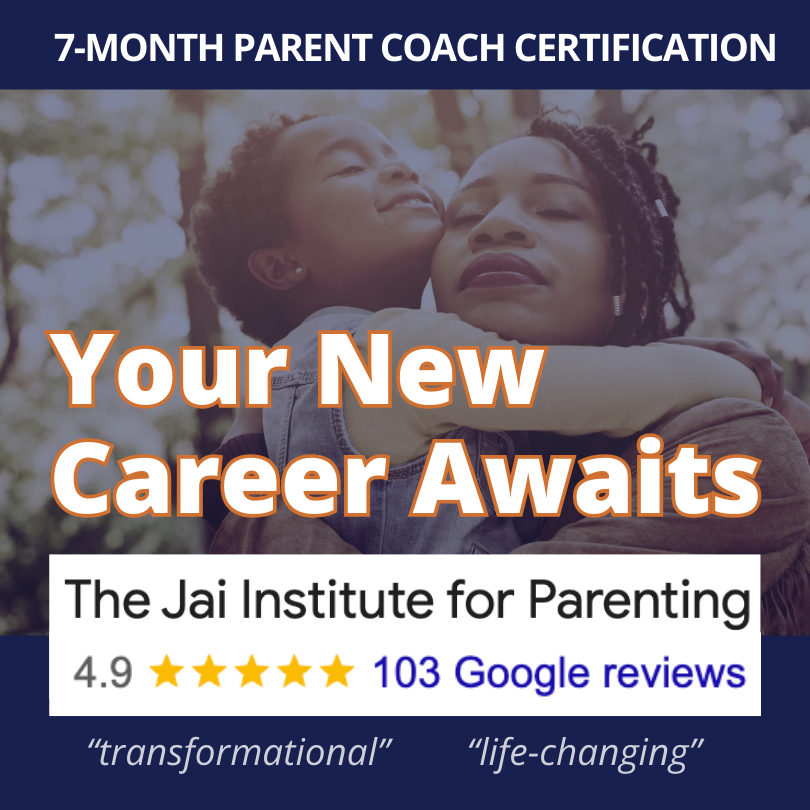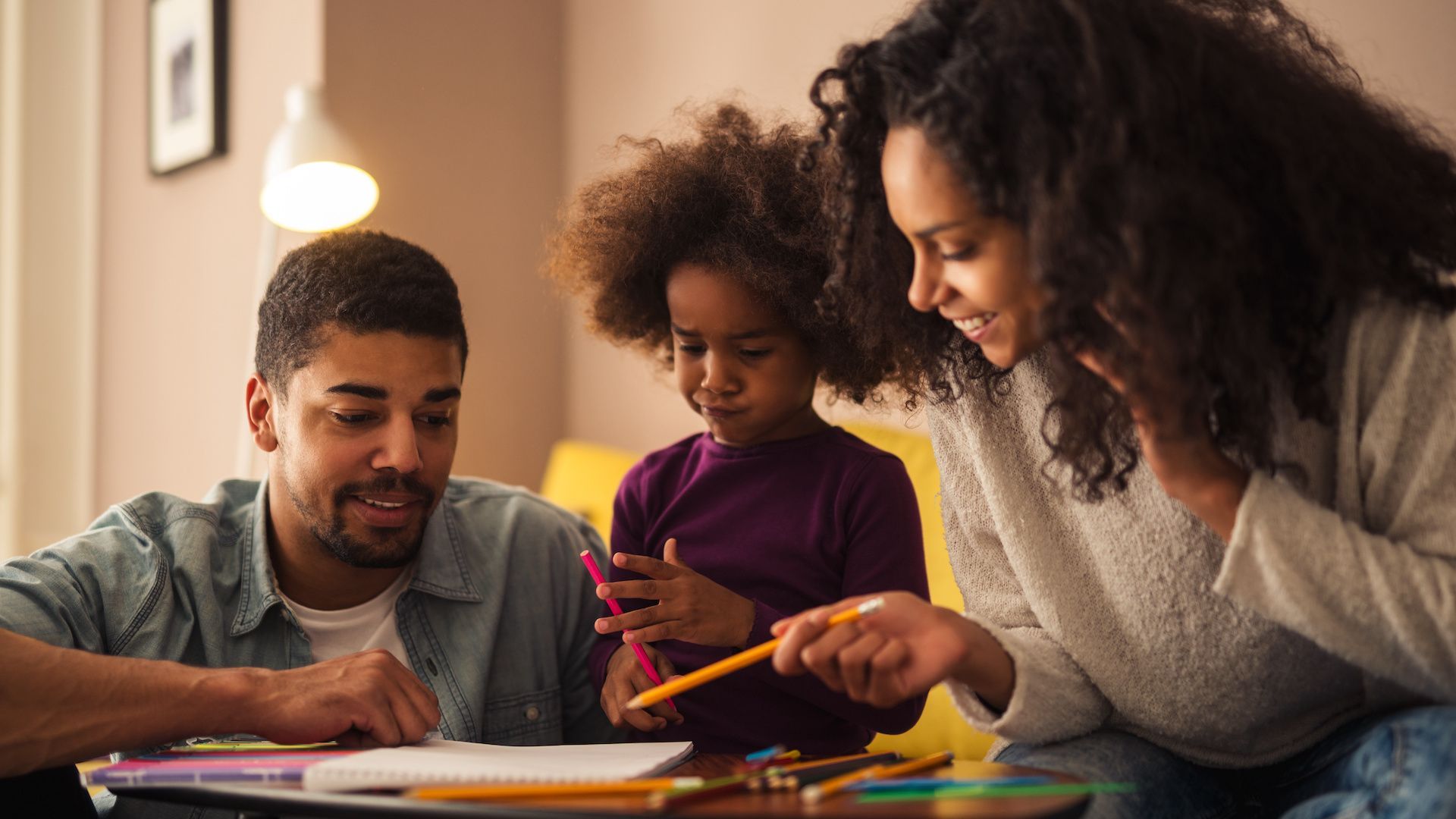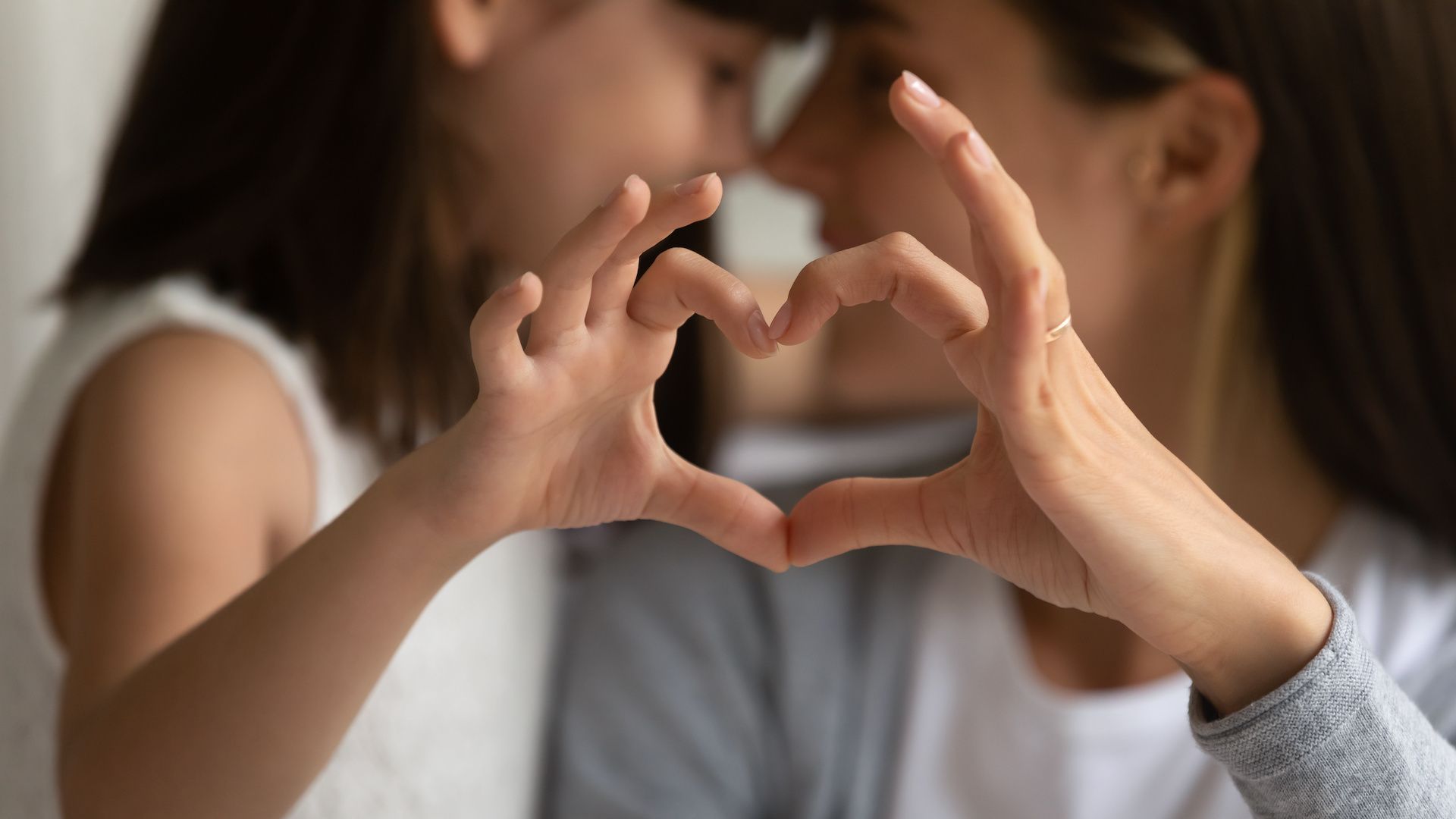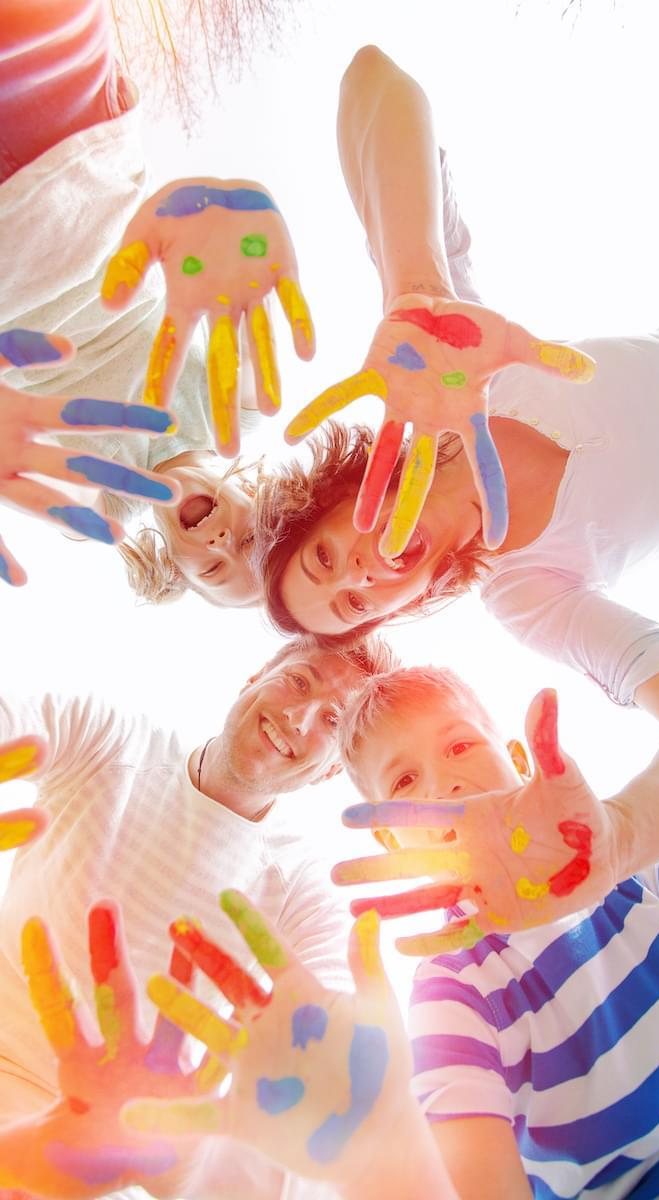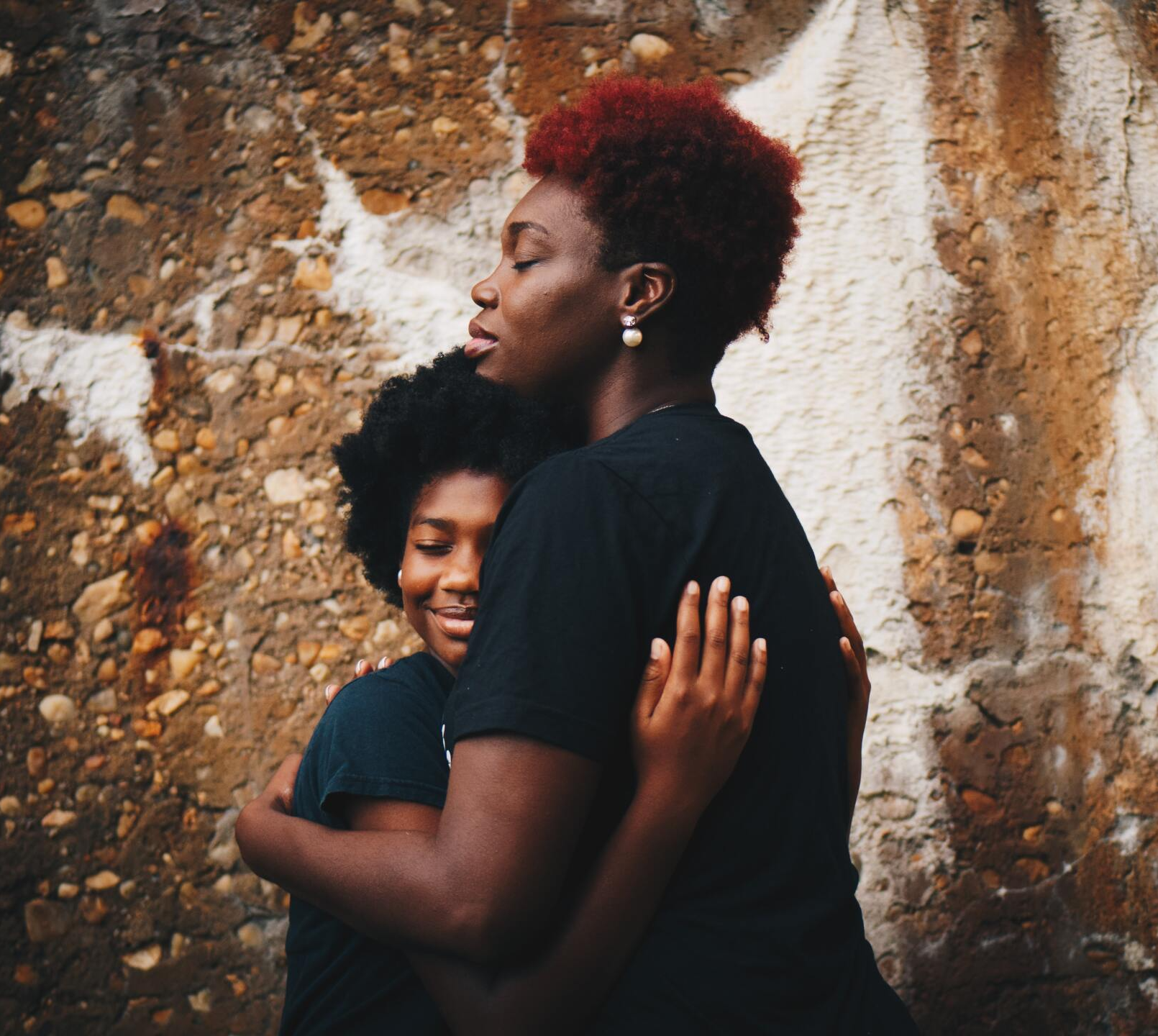What Does Presence Mean to You?
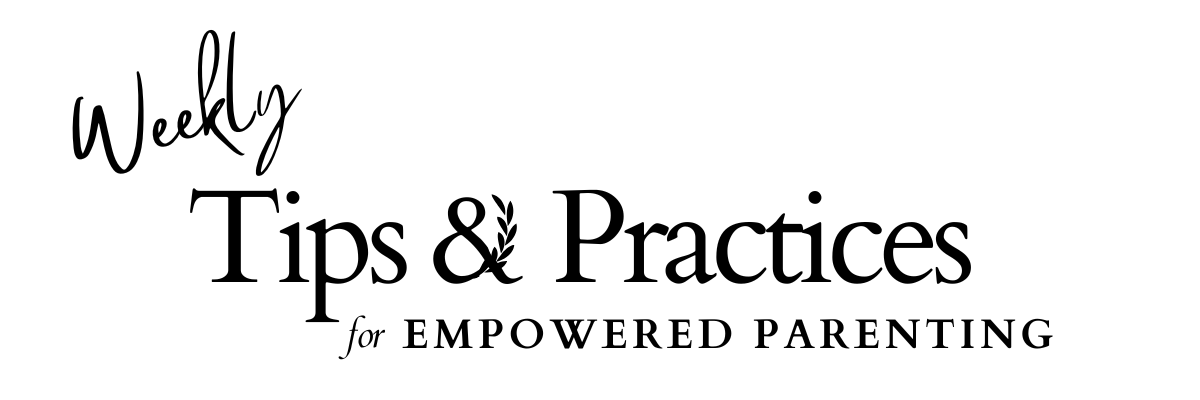
What does presence mean to you? What does it look and feel like for you to be present?
Being present is all about fully attending to the current moment.
While our minds often race with thoughts and our culture pushes us to achieve constantly, presence invites us to slow down and tune in—to our surroundings and our inner experience.
When we're truly present, we see the world more clearly, using all our senses rather than getting caught up in mental chatter.
So, how much attention can you place on the moment you are in right now?
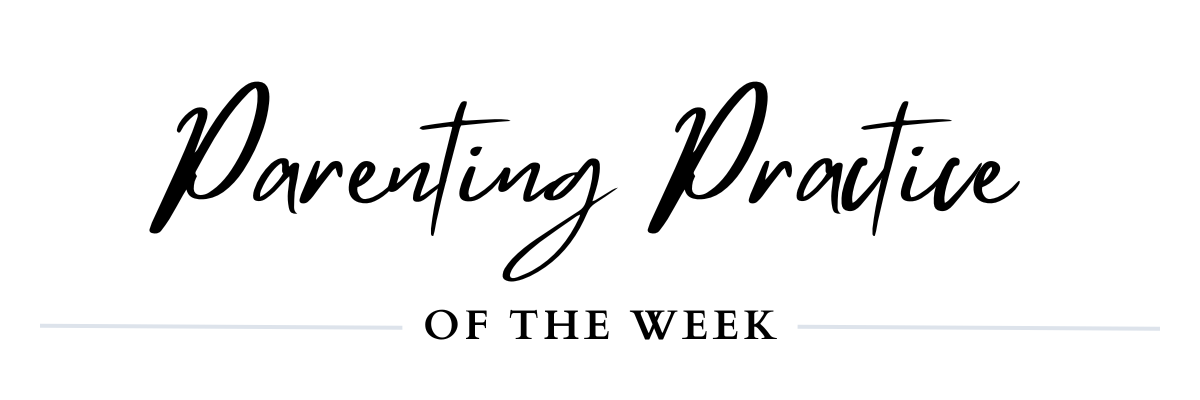
A Presence Practice: Orienting
Being present is a skill we can develop by understanding our bodies, nervous systems, and sense of safety.
At Jai, we help parents and coaches build this awareness to become more present in their daily lives.
Let me share a simple practice of presence that takes just a few minutes each day – it's a great way to cultivate more mindfulness over time.
The practice is called Orienting.
- I invite you to find a comfortable and quiet space to sit down, lie down, or even stand and just exist for a few minutes.
- Once you are settled, begin slowly scanning your eyes around your external environment. Trace the walls around you, the floor below you, the ceiling above you with your eyes. How much attention can you place on your visual senses, scanning around the room?
- Can you notice any areas of the space that make you want to linger with your eyes longer or areas that make you want to divert your attention more quickly?
- Notice any tendencies you may have to become distracted or bored or to go find something to “do.”
- See if you can sustain attention for 1-2 minutes, then expand to 3-4 minutes. With this practice, we are reminding ourselves that we are here right now at this moment. It may feel strange at first because we are used to moving so fast with our actions, agendas, and outcomes. Being present invites us to be slower and more spacious than we may be used to being. As you practice orienting in calm moments, you develop more skills for accessing this tool in stressful moments to help you ground yourself!
And that’s it. It’s a simple and fast practice. The more we practice, the more we cultivate our ability to be present.
And being present is the best gift we can give ourselves, our kids, and each other.
READ MORE:
Curious for more?



